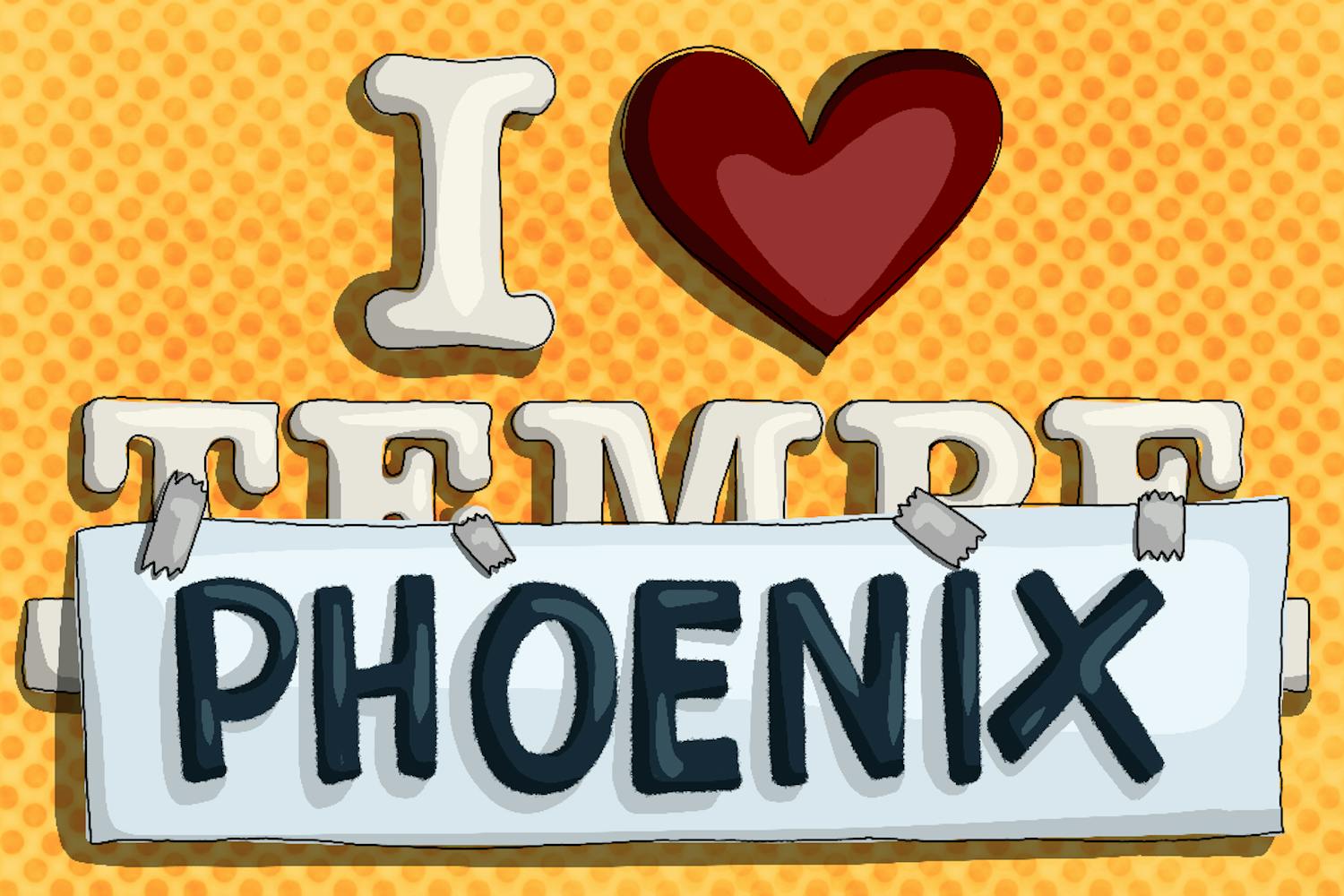My 12-year-old brother came home with his first ever “D” grade a few weeks ago. The project in question, a poster about well-known physicists, contained no factual errors. He used his own words, he met the project requirements and he turned it in on time.
However, he made one fatal mistake. He used the W-word dreaded by junior high teachers everywhere: Wikipedia.
By listing the online encyclopedia among his references, he violated the inflexible law of the education universe. No Wikipedia. Ever.
Since elementary school, we’ve all heard this. Briefly, a teacher or librarian has mentioned the dangers of trusting the Internet. “Even criminals in jail can get on Wikipedia and change things” seems to be a common line, and after that, discussion is closed. Books it is.
But this abstinence-only approach to Internet literacy is limiting, outdated and illogical.
Now for offbeat humor’s sake, I hope Charles Manson is begrudgingly changing the date of Shays’ Rebellion at night when the guards aren’t watching. But for logic’s sake, I hope educators will stop replacing lessons with scare tactics soon.
Face it: Wikipedia is useful. That said, it should never be a student’s only source, but it provides a solid starting point on which to base further research.
Authors cite the information from each article, and list those sources at the bottom of the page. Whether it’s a hot-button controversy like the Israel-Palestine conflict, or something a bit less contested like the Downtown Airport in Missouri, readers can verify information on another site by using the citations at the end of the article.
That’s how encyclopedias are supposed to function— as starting points for further research. For years, librarians and teachers have approved this research technique in the library. Illogically, however, they change their mind when a screen comes into the picture.
One might attribute this to a perceived lack of regulation on the Internet. To some degree, they’re right. Anyone with Internet access could change facts on Wikipedia, and, for that reason, children need to learn to recognize legitimacy.
Legitimacy is not always a site ending in .gov or .edu; it’s not always a site with a nice layout, and it’s not always a news report. Legitimacy is verifying a fact with multiple sources and hosting fair and open discussion.
Legitimacy is open-source collaboration, and an understanding of that fact is crucial to a child’s education.
While news may make a sincere, well-funded effort to provide multiple perspectives, it will always be somewhat manufactured.
The same goes for scholarly journals and government websites that don’t endure constant scrutiny like Wikipedia pages.
Anyone can edit pages. But to prevent “trolling” or lying on controversial topics, some locked pages require approval of a moderated “edit request” first.
According to a website called "Wikipedia Article Traffic Statistics," in just one month more than 2 million people visited Wikipedia’s U.S. page. Despite the page’s locked status, its last edit was six hours before I wrote this. The Internet fact-checks itself.
Thanks to a study in Nature, a journal of weekly science, we know that Wikipedia’s accuracy is almost equivalent to Britannica’s. But, I also found several arguments against that study’s legitimacy, suggesting that the Internet has a nature of fact-checking itself.
At first, those arguments convinced me not to reference the study in my column. But then I thought twice. Do I deserve a “D?” You decide.
Reach the columnist at algrego1@asu.edu Click here to subscribe to the daily State Press newsletter.



